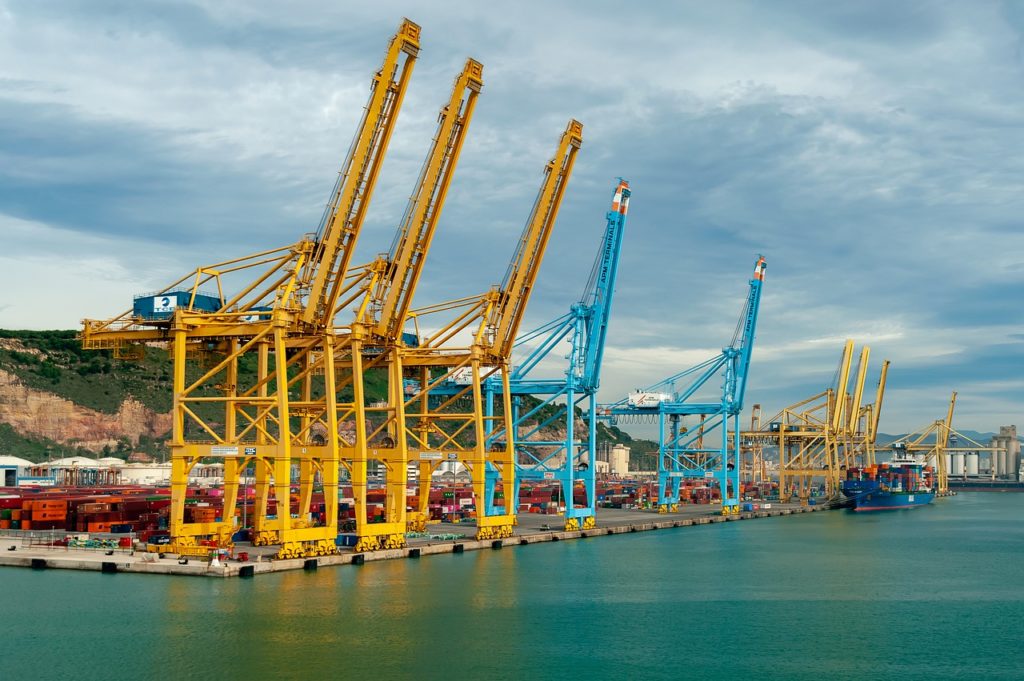What is the International Safety Management (ISM) Code?

Estimated reading time: 5 minutes

Management of Complexity Custody Transfer
Global oil and gas terminals today are faced with multiple challenges. With the recent introduction of the IMO 2020 Regulation: Standards, Compliance and Outlook for Marine Fuels changing the global fuel supply chain, organisations are faced with the challenge of complying with an increasing number of rules, regulations and guidelines.
The rapidly developing technology and the ever increasing need to control costs have organisations looking into different methods to optimise operational efficiency. Organisations are constantly looking at ways to incorporate operational best practices and apply a structured approach to oil and gas marine terminal management. This can be done through proper identification of improved procedures for the handling, loading and discharging of bulk liquids.
Organisations need to know the updated international guidelines and regulations concerning tankers and terminals including physical properties and types of cargoes for optimal oil storage and transport.
Safety at Oil Terminals
Failures and incidents at oil terminal facilities are unfortunately common and have detrimental consequences for the environment and human health.
Since the 1970s, 40% of small- and medium-sized oil spills and 29% of the large oil spills occurred during loading or discharging. This has caused severe environmental damage to nearby fisheries, social and economic activities and the marine environment. In many cases, an incident at oil terminals leads to much higher costs for a company (in terms of repairs, loss of share value, cost of closure, remediation and claims) than the company would have incurred to ensure a proper level of safety and to have prevented the incident from happening. Proper design, construction, operation and closure of an oil terminal should therefore be of high priority for both the operator and the authorities. Hence, regardless of the industry, a safety management system needs to be in place. This is to ensure that various health and safety aspects are covered. This is especially important when handling dangerous goods.
BEST PRACTICE FOR MANAGING SAFETY AT OIL TERMINALS
The ISM Code below presents the best practice for oil and tanker management, found in the International Safety Guide for Oil Tankers & Terminals, prepared by the International Chamber of Shipping (ICS), The International Oil Tanker and Terminal Safety Guide’ published on behalf of the Oil Companies International Marine Forum (OCIMF) and The International Association of Ports and Harbours (IAPH).
What is the International Safety Management (ISM) Code?
The purpose of the ISM Code is to provide an international standard for the safe management and operation of tankers and for pollution prevention. The ISM Code establishes safety management objectives and requires a Safety Management System (SMS) to be established. Under the ISM Code, safety management processes are based on risk assessments and risk management techniques.
The Code requires that tanker operators should:
- Provide for safe practices in tanker operation and a safe working environment.
- Establish safeguards against all identified risks.
- Continuously improve the safety management skills of personnel ashore and aboard tankers, including preparing for emergencies related to safety and environmental protection.
This is done through the establishment of 2 aspects: Safety Management System (SMS) and Risk Assessment. The Safety Management System (SMS) enables effective implementation of the workplace health, safety and environmental protection policy. The SMS must demonstrate that acceptable levels of safety management are in place to protect the tanker, personnel and the marine environment. To deliver the required levels of safety, the SMS will need to address all activities and conduct a risk assessment to determine the severity of the risks involved. Risk management tools are then in place to ensure compliance with the SMS, through documented policies, procedures and instructions.
 |
 |
Management of Complexity Custody Transfer and HSEQ Risk for Marine Tank Storage Terminals and Refinery is a 3-day training course held from 6 – 8 April 2020 (Kuala Lumpur). This 3-day highly interactive and practical course will assist petroleum products, crude oil, and chemical terminals in achieving a competitive advantage by having an effective and well-managed operation. This will ensure your operational processes and workforce perform up to the highest standards.
